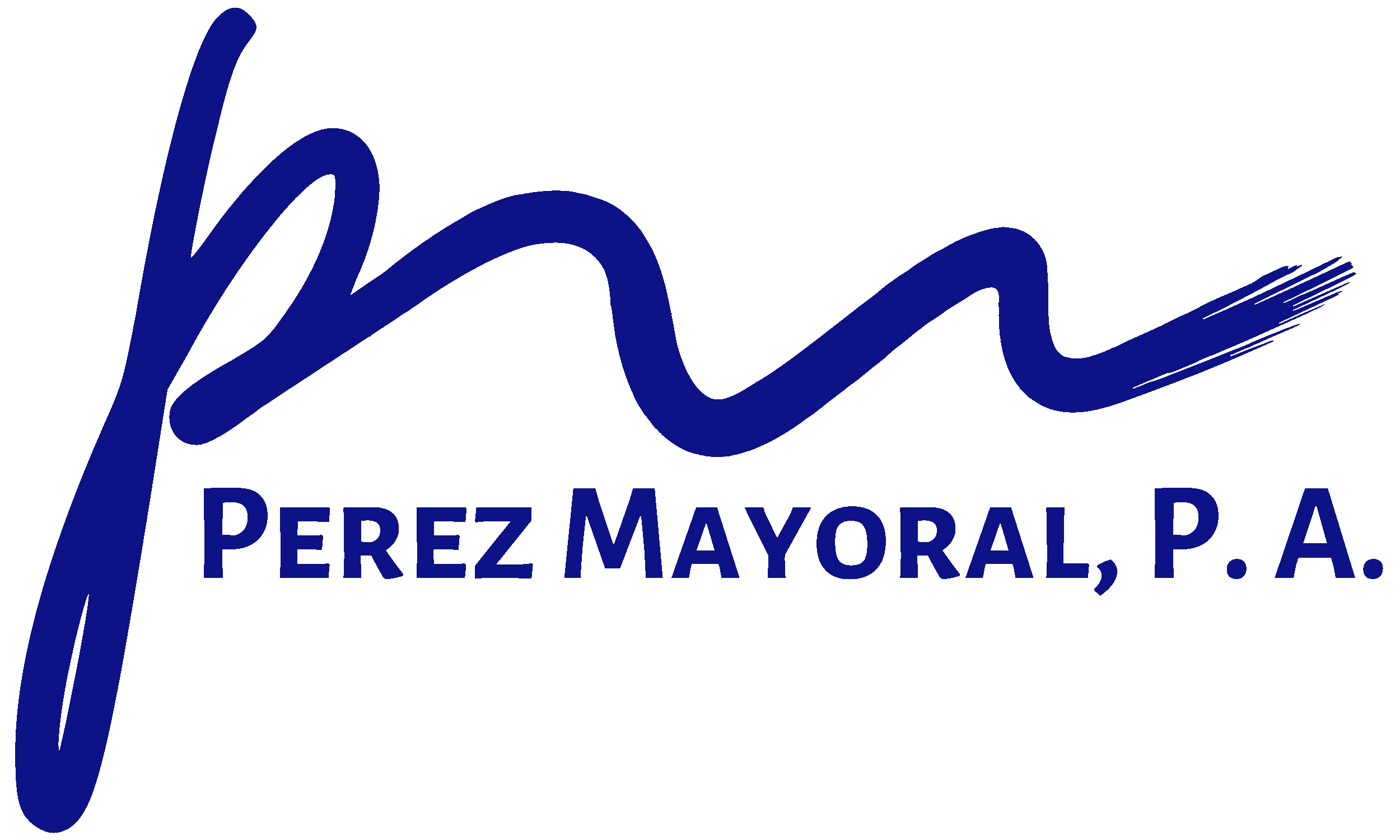Understanding the Limits and Options as a Homeowner or Condominium Owner
As a homeowner or a condominium owner, it is essential to understand every aspect of belonging to a Homeowners Association (HOA) or Condominium Owners Association (COA), including their power to impose fines or penalties. While the idea of having a governing body that regulates the neighborhood appeals to some people, the idea of having penalties or fines imposed on them can leave others feeling like their rights are being violated.
As a legal firm representing homeowners, we understand these concerns and are here to give you insights into your rights and HOA’s limitations.
The first thing to understand is that the community’s governing documents explicitly grant a homeowners association’s power to impose fines or penalties. These documents are drawn up when a community is formed and describe the rules and restrictions the association must enforce. These rules vary widely; some associations may exercise more power than others. Still, if the rules are reasonable, narrowly tailored, and uniformly enforced, courts tend to side with the HOA’s authority to impose fines.
Homeowners and condominium associations may use fines and penalties to maintain a clean, safe, and healthy environment by enforcing rules for the greater good of the community. The association typically imposes penalties for violations like parking in unauthorized areas, not maintaining landscaping, improper trash handling or storage, etc. If fines are unpaid, the association may escalate the penalty to a lien on the homeowner’s property.
As a homeowner or condominium owner, you have certain rights and options when challenging the imposition of fines or penalties. You may dispute a fine’s validity by following the association’s grievance procedures outlined in the community’s governing documents. You may also attend association meetings to voice your concerns or vote for changes to the rules or bylaws. In some cases, homeowners may be able to appeal to mandatory arbitration or file a lawsuit to contest the fines imposed by the association.
In some cases, however, the association may abuse its power and impose fines or penalties unfairly or excessively. It is crucial to consult with an experienced HOA attorney who can examine the law and the specific facts of your case. A condominium attorney can help you understand your rights, develop a plan of action, and engage with the association on your behalf. At Perez Mayoral, P.A., our attorneys have extensive experience representing homeowners and condominium owners and fighting HOAs in court.
Final Word
In conclusion, while homeowners associations and condominium associations have the power to impose fines and penalties, they must exercise it reasonably and uniformly while following specific procedures under the governing rules. Homeowners also have certain rights and options to challenge the imposition of fines and penalties. It is vital to promptly address fine and penalty issues and engage with experienced attorneys like those at Perez Mayoral, P.A., who can assess the situation, help you understand your rights, develop a plan of action, and protect your interests when facing HOA disputes. Contact us today for a free case review, and let us help you regain control of your home.

